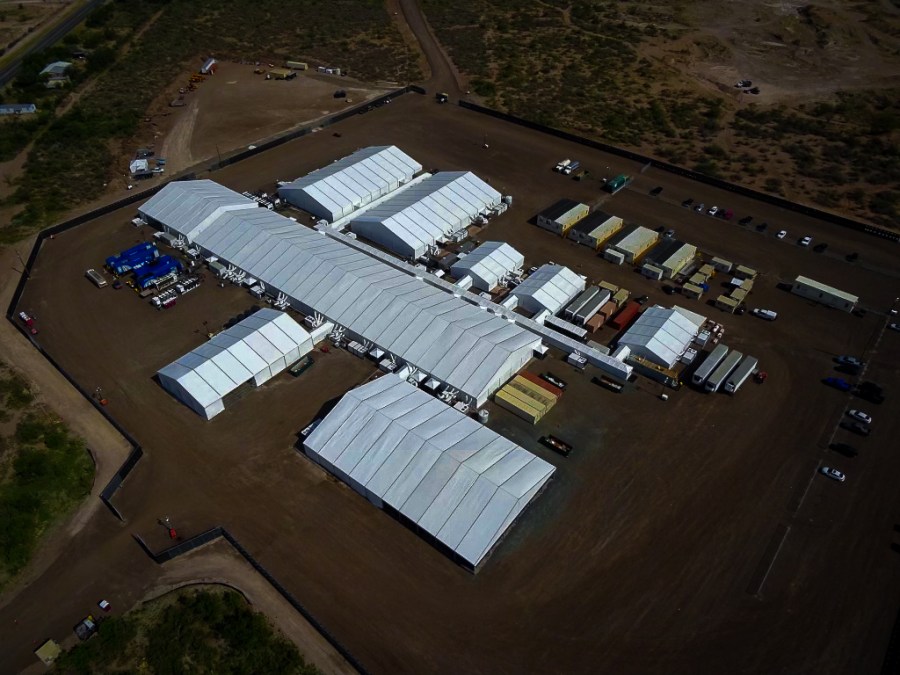

Goals are very personal and depend on one’s stage in life (Image: Getty)
As the New Year approaches many will have had their finances front of mind this month be it due to current festive spending volumes or wanting to ensure they are in the best position for 2024 with careful budgeting.
To help Britons start the New Year without any money stress, an expert has shared her top tips on what people can do now to become financially stable.
Goals are very personal and depend on one’s stage in life, their ambitions, commitments, and their personal finances.
The idea is that if someone can identify what their objectives are, they are better able to draw up a strategy to reach those goals.
It is equally important that people check in on their financial situation and plans to ensure they are still on track.

People can check in on their financial situation and plans to ensure they are still on track (Image: Getty)
Emma-Lou Montgomery, Associate Director, Personal Investing at Fidelity International explained what people can do now to build financial independence in 2024.
How financially independent we feel influences most of the decisions we make about our lives. Whether to take that new job, return to education, have another child, or even leave an unhealthy relationship.
If 2024 is the year people want to take control of their financial independence, “now is the time to do it,” she said.
1. Establish good habits
Financial independence means different things to people at different times in life, so start with mapping out lifestyle and financial goals.

Britons can build their savings if their employer will match their contributions (Image: GETTY)
Ms Montgomery said: “First identify what you want to achieve, and by when. Next, consider how much you have coming in and going out each month, factor in any debts you might have, and check your pension savings.
“This will arm you with the information you need to set in place some good financial habits and better equip you to stick with them.”
2. Pay yourself first
No one can predict life’s ups and downs, but people must be prepared for whatever financial challenges life throws at them.
Building some ‘rainy-day’ savings will provide people with peace of mind and the knowledge that, even if the unexpected happens, they will retain their financial independence and have some money to fall back on.
She suggested that people automate their savings (even if it is just a few pounds each week or month) and ensure that they pay themselves first, with their money going into a savings account for an emergency fund or into a stocks & shares ISA for any longer-term financial needs.
3. Invest
If people started to invest £1,000 a year at 25 years old, while their friend invested the same amount from the age of 35 – by the time they both reach 65, they could have generated potential returns worth £121,025, compared with their friend’s £74,299 – even if they stopped making contributions at the age of 55.
This is the undeniable power of investing early that makes it really worthwhile, she stated.
- Support fearless journalism
- Read The Daily Express online, advert free
- Get super-fast page loading
4. Maximise work place pension
Britons can build their savings if their employer will match their contributions if they increase the monthly amount they pay in.
For example, if someone puts in an extra one percent, they could add an extra one percent. They could also consider a one-off payment to their pension if they’re able to – for example, from a work bonus.
5. Manage taxes efficiently
Ms Montogomery said: “For maximum tax-efficiency, you should use your tax allowances where you can. When you invest in an ISA you don’t pay income or capital gains tax on your investments, making them a good way to reach your financial goals sooner, especially as you can invest up to £20,000 in the current tax year.”
In the current tax year (2023/24), the annual pensions allowance is capped at £60,000 and applies across all one’s pension savings (excluding State Benefits), rather than per scheme.
If the contributions to one’s pensions exceed the annual allowance, a tax charge (‘the annual allowance charge’) may become payable.
If their taxable earnings in the year are below the annual allowance then tax relief on pension contributions from all sources is limited to 100 percent of your earnings (or to £3,600 if you have no earnings).






